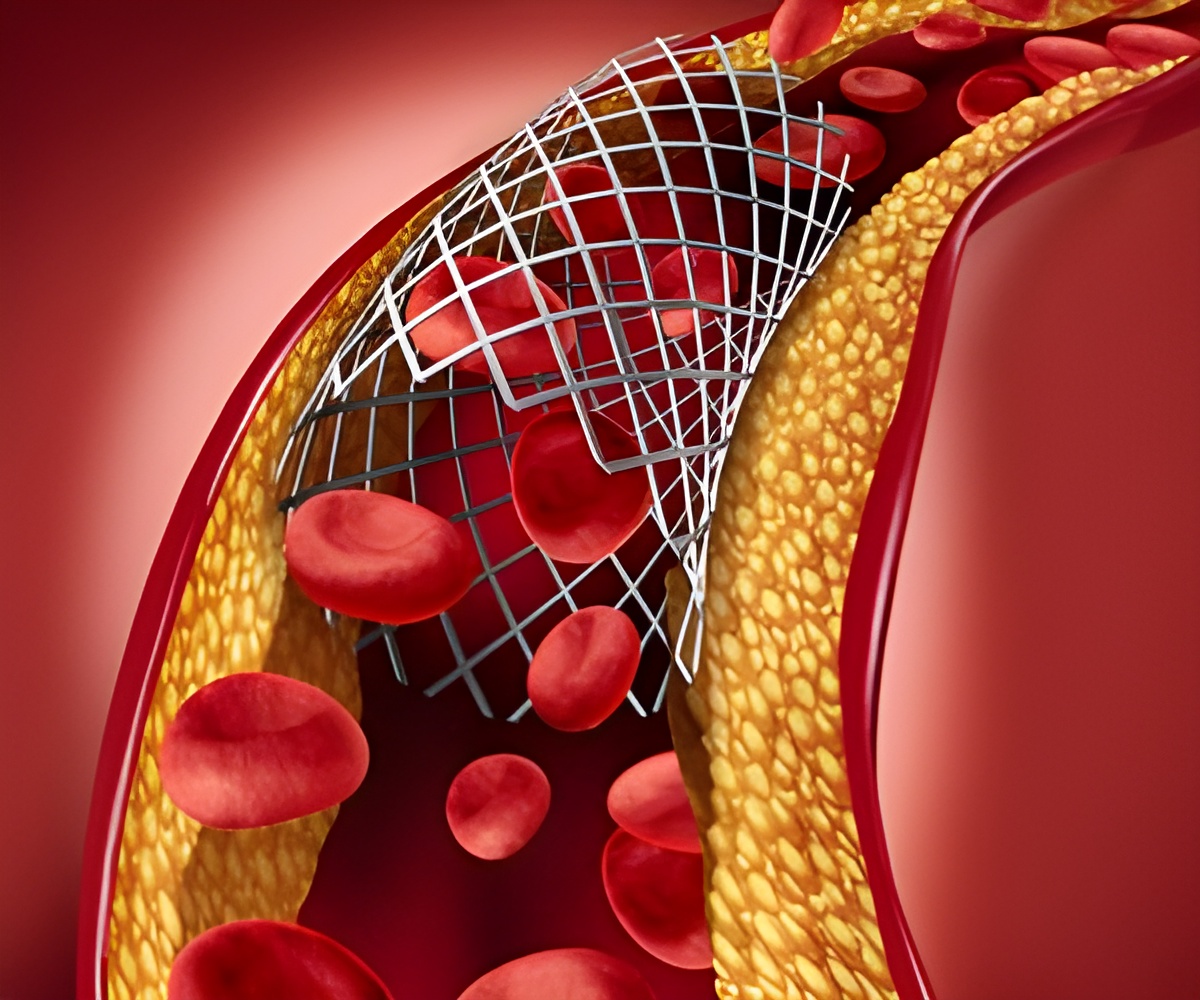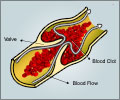Seven people have died from blood clots after getting vaccinated with the Oxford-AstraZeneca vaccine in the UK.

‘COVID-19 itself increases the risk of blood clots and it's possible that may be the part of the explanation of why patients who received vaccine of AstraZeneca had clots.’
Read More..




A spokeswoman for AstraZeneca said: "Patient safety remains the company's highest priority."Read More..
In Germany, France, the Netherlands and Canada, vaccine use was restricted to only to older people.
These were accompanied by low levels of platelets, which help form blood clots, in the body. The MHRA also found other clotting problems alongside low platelet levels in eight people.
Now the MHRA has confirmed, in an email to the BBC, that "sadly seven have died".
Dr June Raine, the chief executive of the MHRA, said: "The benefits¡K in preventing Covid-19 infection and its complications continue to outweigh any risks and the public should continue to get their vaccine when invited to do so."
Advertisement
Low levels of platelets and rare antibodies in the blood that have been linked to other clotting disorders.
Advertisement
There have been two cases of CVSTs after Pfizer in the UK, out of more than 10 million vaccinated, and 22 cases of CVSTs with AstraZeneca's vaccine in UK.
Germany has reported 31 CVSTs and nine deaths out of the 2.7 million people vaccinated there, with most cases in young or middle-aged women.
And, there is only 1 death in every 2.5 million people vaccinated, which should be weighed against the known threat posed by coronavirus.
This balance of risk and benefit will continue to be estimated as more safety data comes in and as the vaccine programme moves into younger people, who are at lower risk of dying from COVID-19.
One scientist has told the BBC that evidence is growing that the blood clot events are "causally related", although he stressed that the benefits of taking the AstraZeneca vaccine still far outweighed the risks of not getting the jab.
Prof Paul Hunter, a medical microbiologist at the University of East Anglia, told BBC Radio 4's Today programme: "It is not uncommon to get clusters of rare events purely by chance.
"But, once you find that cluster in one population and it then crops up in another - such as previously in the German and now in the English - then I think the chances of that being a random association is very, very low.
"Clearly more work needs to be done, but I think the evidence is shifting more towards it being causally related at the moment."
However, public health expert Prof Linda Bauld, of the University of Edinburgh, told BBC Breakfast the cases were "rare events" and stressed there was no event "at the moment of a causal link - that the vaccine would be directly causing these outcomes".
She urged the public to continue coming forward for a jab, and added: "COVID itself increases the risk of blood clots quite significantly and it's possible that that may be part of the explanation why we're seeing this."
Source-Medindia












